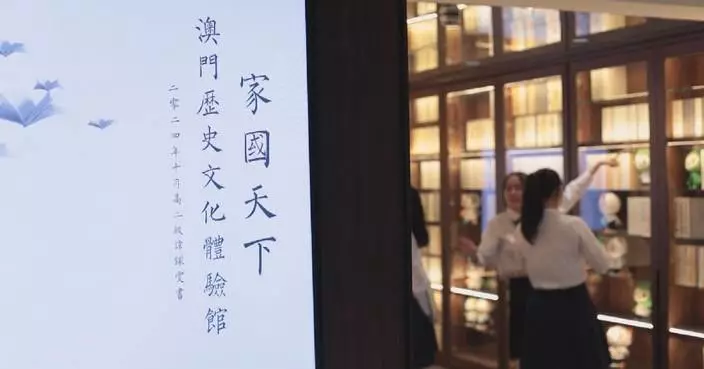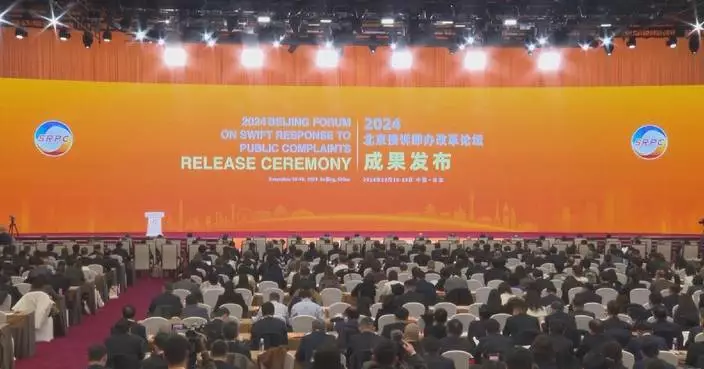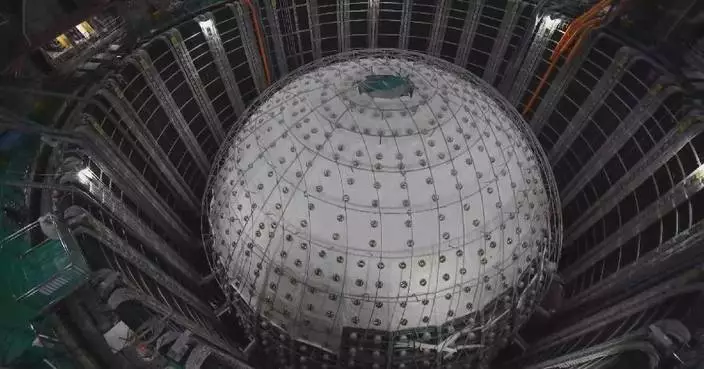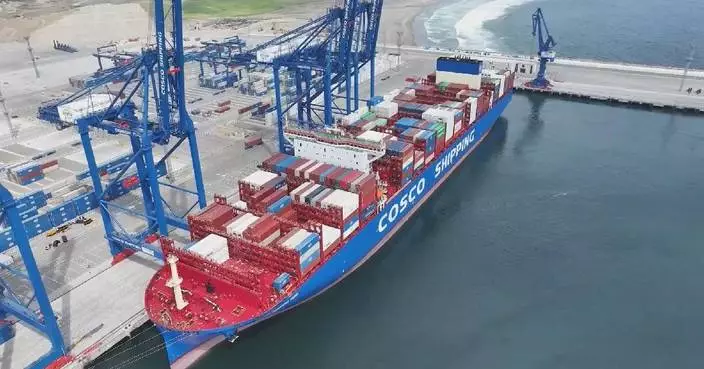The transaction value of the outright reverse repos conducted between the People's Bank of China (PBOC) and the primary dealers reached 500 billion yuan (about 70 billion U.S. dollars) in October, said the PBOC in a statement posted on its website on Thursday.
China's central bank started to use the outright reverse repos, a new liquidity tool, to trade with primary dealers in open market operations last Monday. It will be carried out once a month, with a tenor of no more than one year.
The introduction of outright reverse repos fills a gap in the PBOC's liquidity toolbox, analysts said, noting that with a tenor of six months, the outright reverse repos conducted this time are expected to ensure enough liquidity during the Spring Festival, or traditional Chinese New Year.
"The tenor of the outright reverse repos is no more than one year. It is a complementary tool to the seven-day reverse repos and the one-year medium-term lending facility. There are typically large currency issuance and tax payment ahead of the Spring Festival and the period is often marked by less liquidity. With a tenor of six months, the outright reverse repos conducted by the PBOC this time will expire by late April next year, long enough to ensure enough liquidity around the coming Spring Festival," said Dong Ximiao, chief researcher of the Merchants Union Consumer Finance Company Limited.
The researcher also noted that, by encouraging fairer interest rate bidding competition, the newly added policy tool is helpful in reflecting the real capital needs of financial institutes.
"The policy tool is helpful in reflecting the real capital needs of financial institutes and in effectively reducing the no-bid decisions during the interest rate bidding. In addition, the outright reverse repos do not help raise the winning interest rates of other newly added monetary tools," said Dong.
October's outright reverse repos included buying of treasury bonds, local government bonds, financial bonds, and corporate credit bonds among other bonds.
Throughout October, the PBOC bought a net 200 billion yuan (about 28 billion U.S. dollars) in treasury bonds, said the central bank in a statement Thursday.
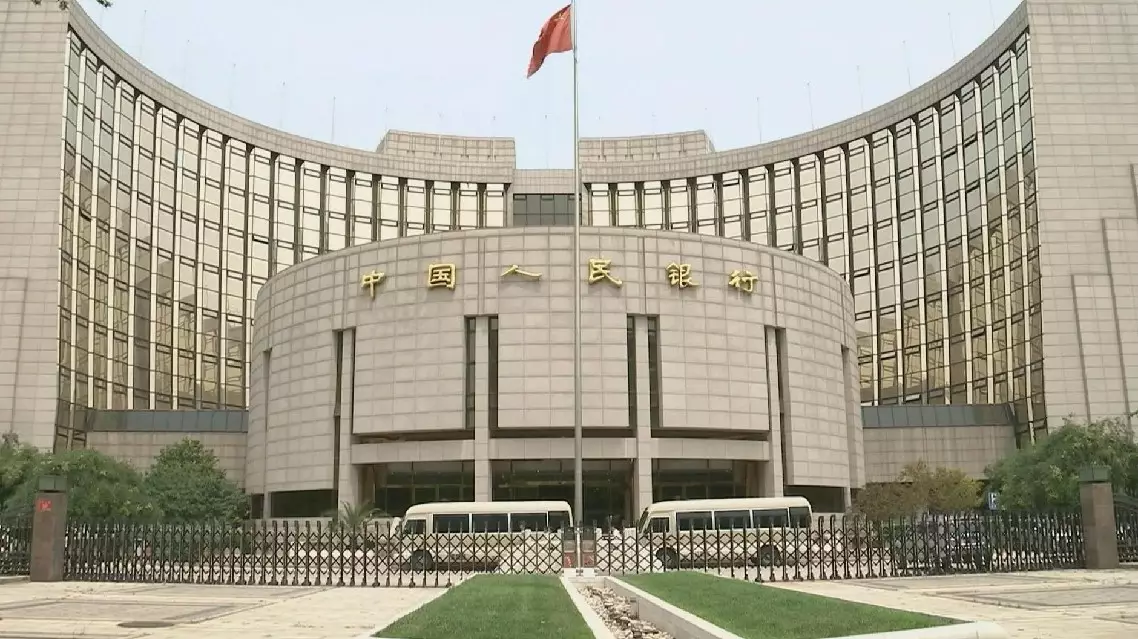
Transaction value of PBOC's outright reverse repos reaches 500 bln yuan






